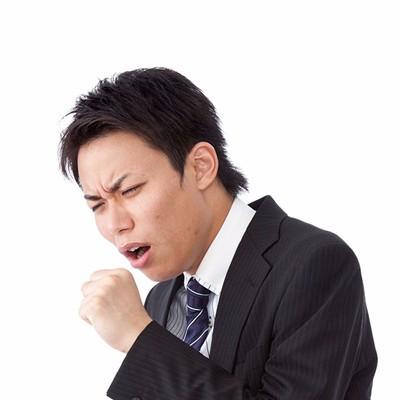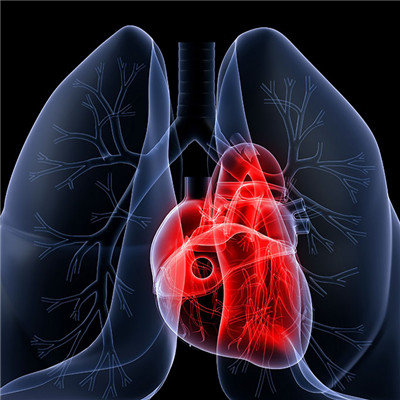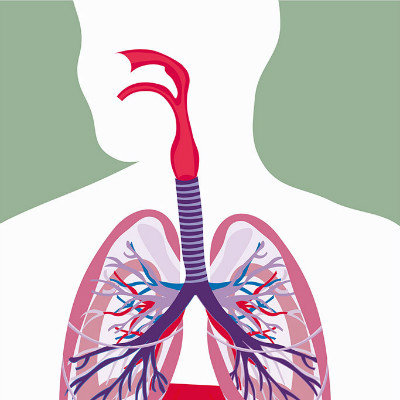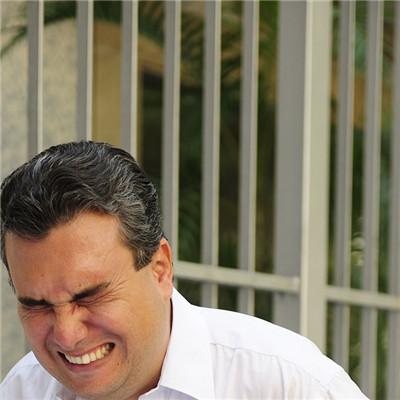What are the symptoms of severe sinusitis?
summary
We all know that now many people are suffering from sinusitis, which is a very common disease. This disease has caused great trouble to the lives of patients. Now many people want to know what are the causes of sinusitis and what are the symptoms!
What are the symptoms of severe sinusitis?
Systemic symptoms: often in the course of acute rhinitis, the symptoms of the affected side aggravate, and then appear chills, fever, body discomfort, lack of energy, loss of appetite, etc., with acute odontogenic maxillary sinusitis systemic symptoms more severe. Children have high fever, severe cases may have convulsions, vomiting and diarrhea and other systemic symptoms.

Local symptoms: ① nasal obstruction: due to congestion and swelling of nasal mucosa and accumulation of secretions, persistent nasal obstruction may occur on the affected side. ② Purulent nose: there are many mucopurulent or purulent secretions blowing out in the affected side of the nose. There may be a little blood in the nose at the beginning, and the smell of purulent nose in patients with odontogenic maxillary sinusitis. * local pain and headache: acute sinusitis often causes severe headache, except for inflammation, which causes pain in the nasal cavity. This is caused by swelling of the sinus cavity and secretion of the secretion, or negative pressure after emptying of the secretion, which stimulates the trigeminal nerve ending. Acute sinusitis pain has its own regularity of time and location.

In the former group, the paranasal sinuses were close to the surface of the head, and the headache was mostly in the forehead, inner canthus and cheek. In the latter group, the paranasal sinuses were deep in the head, and the headache was mostly in the head and occipital region. Acute maxillary sinusitis: often forehead, cheek or upper molar pain, light in the morning, heavy in the afternoon. Acute frontal sinusitis had a huge pain in the forehead in the morning, gradually aggravated, relieved in the afternoon, and disappeared in the evening. Ethmoid sinusitis, headache is light, limited to the inner canthus or nasal root, may also radiate to the top of the head. Sphenoid sinusitis is characterized by pain in the depth of the eyeball, which can radiate to the top of the head, and occipital headache which is light in the morning and heavy in the afternoon. However, some people's pain symptoms are not typical, and it is impossible to determine the affected sinuses based on the characteristics of headache alone. ④ Olfactory decline.

matters needing attention
Jieyuan Tongqiao ointment. It can clear up and reduce turbidity, reduce turbid Yin, clean up filth, clear Yang, and apply fresh cloth, which can maintain long-term peace and stability. Usually can often do nasal massage, help to reduce the attack of chronic sinusitis. Usually pay attention to nasal hygiene, develop good health habits of morning and evening, can reduce the attack of chronic sinusitis. Swimming posture should be correct, try to make the head out of the water, to prevent the occurrence of chronic sinusitis. Patients with dental disease should be treated thoroughly and treated in time according to the doctor's advice. Chronic sinusitis, treatment should have confidence and perseverance, pay attention to strengthen exercise to enhance physical fitness.














